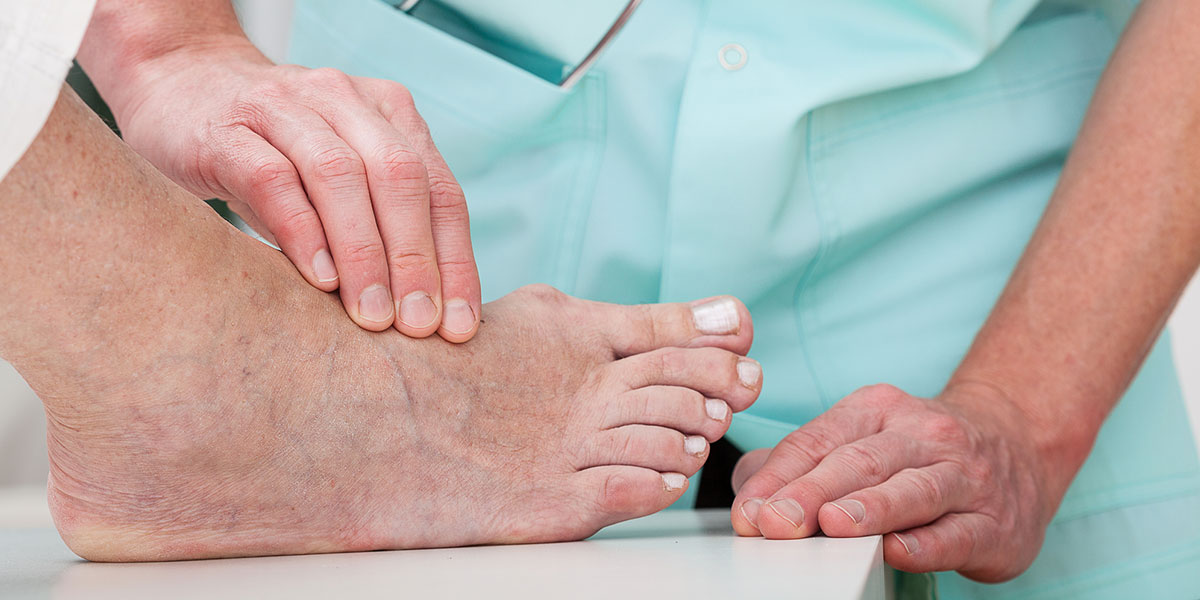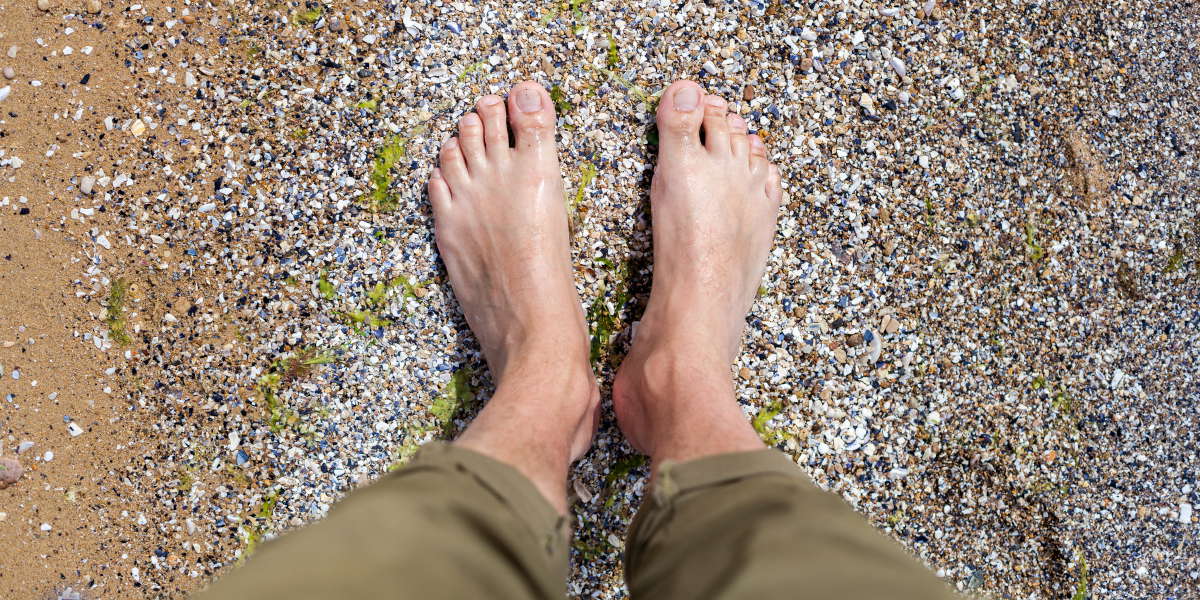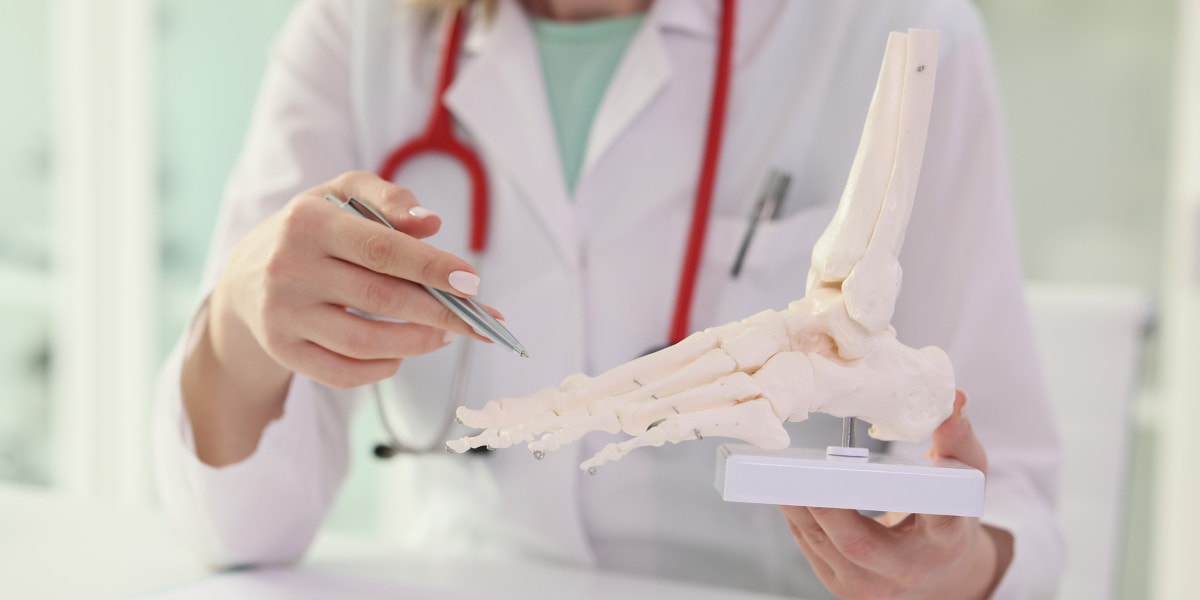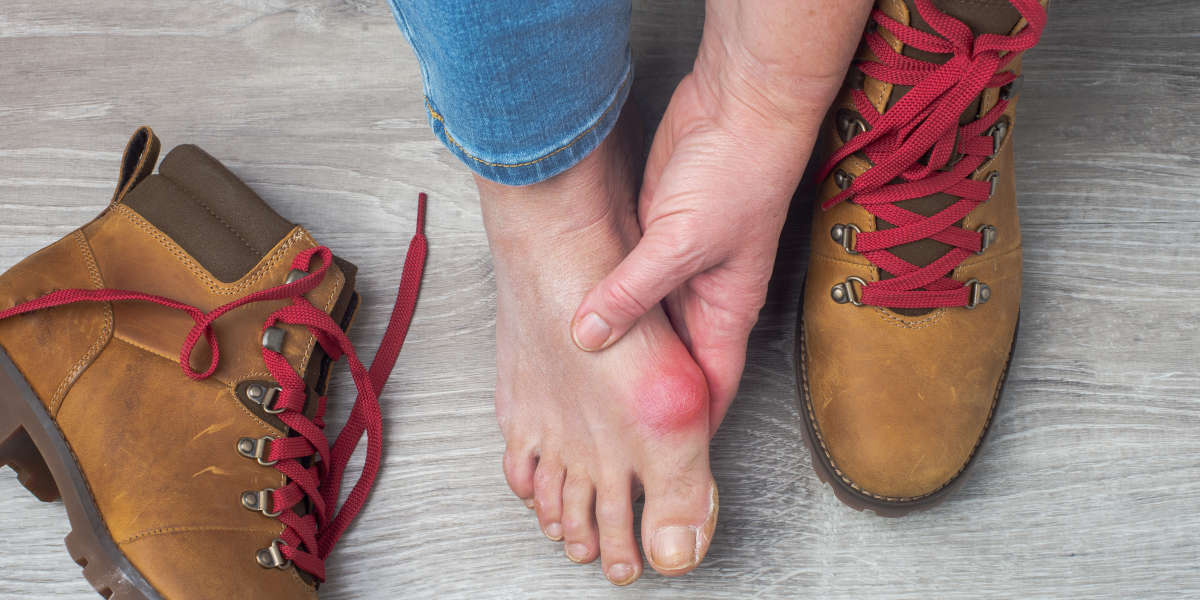Corrective bunion surgery is not a one size fits all procedure. A bunion is a structural deformity – not a cosmetic one. The human foot is a complex mechanism supported by 26 bones, 33 joints, and over 100 unique muscles, tendons and ligaments.
Although a bunion looks like a localized problem, it involves the entire foot, ankle, and calf. Choosing the wrong bunion surgeon could set you up for future pain, arthritis, and a recurring bunion. Fortunately, there many high-quality bunion surgeons who can provide individualized treatment for the best possible surgical outcome. How do you find a good bunion surgeon? Consider these tips while doing your research.
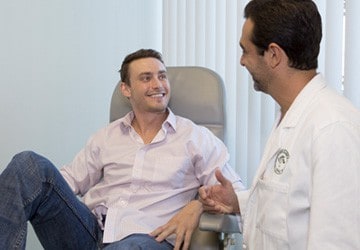
If you meet with a bunion surgeon and that that doctor performs just one type of bunion surgery, you want to run away and look elsewhere! There is no such thing as “one type of bunion surgery that is best for all types of bunions. Don’t accept a “cookie-cutter” approach to your foot and ankle care.
5 Questions for a Bunion Surgeon
1. How many bunion surgeries, and what types, have you performed?
You’ll want your surgeon to have plenty of experience and expertise in various types of bunion surgery.
If your surgeon uses the same procedure for all patients, they are not going to provide you with the individualized attention your unique condition needs. Make sure your surgery will be done on an outpatient basis. Also, if you’ll need general anesthesia, or if it will be performed with a regional anesthetic.
2. How often do your patients need a revision of your work?
Bunion surgeries might fail for several reasons. The bunion may be under-or over-corrected.
A failed surgery may result in complications like delayed bone union, malunion, or nonunion, a trapped nerve, stiffness in the joint, excessive shortening of the first metatarsal or, worst of all, chronic foot pain. What’s more, the bunion deformity may return, if it was never truly corrected in the first place.
3. Will you be using hardware, like screws or plates?
Surgical hardware can give the foot more stability, greater bone fixation, and generally helps patients walk and return to their daily activities more quickly. Many older surgeons who have not been trained in new techniques will not use screws or plates to correct bunions.
4. Do you use non-metal hardware in any of your surgeries?
Thanks to new state-of-the-art surgical technologies, there are now non-metal screw replacements for bunion correction that, over time, get absorbed into the bone and actually turn into bone. Is this an available option for your minimally invasive bunion surgery?
5. Will other areas of my foot be addressed in the surgery?
Bunions arise due to structural problems that must be addressed in surgery, or the bunion will return. Make sure your surgeon takes a whole-foot approach.
Where to Start
The internet is a great resource that enables you to cast a wide net. You can learn about almost any bunion surgeon’s credentials and experience by looking them up online.
Ask your social network. You might be surprised by how many of your friends, family members, and coworkers have had foot surgery.
Call your local surgery center or hospital and ask for their foot and ankle surgeons on staff.
You could also get a recommendation from your primary care physician. Depending on your insurance coverage, you may not be able to see certain specialists without your doctor’s referral
Make sure you only seek out board-certified surgeons. A surgeon certified by the American Board of Foot and Ankle Surgery has been recognized for his or her expertise in the field. An orthopedic surgeon may be certified by the American Board of Orthopedic Surgery.
9 Factors a Bunion Surgeon Should Consider
Your bunion surgeon should be taking these factors into consideration before presenting you with a surgical plan.
- How severe is your bunion?
- Do bunions run in your family?
- What type of shoes do you wear, and what type of work do you do?
- What type of work do you do? If you work in high heels, for example, your bunion deformity might be more painful than if you wear flats with orthotics designed to straighten the angle of your big toe joint.
- Have you had any success with orthotics?
- What is the shape of your feet? Do you have flat feet or high arches?
- Do you have any other pain or abnormalities? Severe bunions often lead to big toe arthritis, which can be addressed at the time of your surgery by a well-trained surgeon.
- How loose is your first metatarsal? Bunions form when the metatarsal loosens and shifts out of alignment at its base. Your surgeon will need to stabilize any laxity to prevent the bunion from coming back.
- Is your big toe joint misaligned as well? In some cases, the toe needs to be straightened for the bunion to be corrected.
Final thoughts on finding the best surgeon for bunion treatment
Don’t get discouraged by a busy practice
A busy surgeon is one who has a great reputation and is highly sought-after. To get the most qualified surgeon sometimes you must be patient with delays in their accessibility. Look up patient testimonials attesting to a surgeon’s ability to provide not only great surgical outcomes, but also create an excellent patient experience. Finding the right surgeon is well worth the wait.
Is the practice a good fit for you?
Consider whether the surgeon and their staff provide courteous and compassionate care. Do they patiently explain the procedure well enough for you to understand the treatment? Are x-ray facilities and physical therapy services available at the same location to save you time and travel during pre- and post-op care? You should feel good about working with this practice over the long run.
Research your surgeon’s reputation online
Try to ignore patient complaints about cost: a good surgical outcome is an investment in your future free of pain. Instead, focus on the surgeons whose patients are happy with their outcomes. You can also see if your surgeon has published research which is proof of his expertise in this area. Perform a search for his or her name at the National Library of Medicine in the National Institutes of Health Database.
If you can afford it, don’t be afraid to travel
Many of the best bunion surgeons live in major metropolitan areas and are happy to work with out-of-towners.
Thank you for all your care and support. After 5 years of being in pain, you finally took care of things permanently for me. I can’t tell you what a joy it is to be able to walk, or even simply pick up my kid and not be in pain. I’m forever grateful that you were my doctor…
Why choose the Bunion Institute for your bunion surgery?
If you’re experiencing bunion pain, we’re here to help. Our nationally recognized foot and ankle podiatry experts offer the most advanced bunion solutions and the highest success rates in the nation. We are leaders in the research and treatment of all bunion conditions.
To schedule a consultation, please call (855) 814-3600 (24 hours a day) or Make an appointment 24 hours a day / 7 days a week.
We are conveniently located throughout the Los Angeles area with locations in or near Santa Monica (on Wilshire Blvd.), Beverly Hills, West Los Angeles, Manhattan Beach, Northridge, Downtown Los Angeles, Westlake Village, Granada Hills, and Valencia California, to name a few.
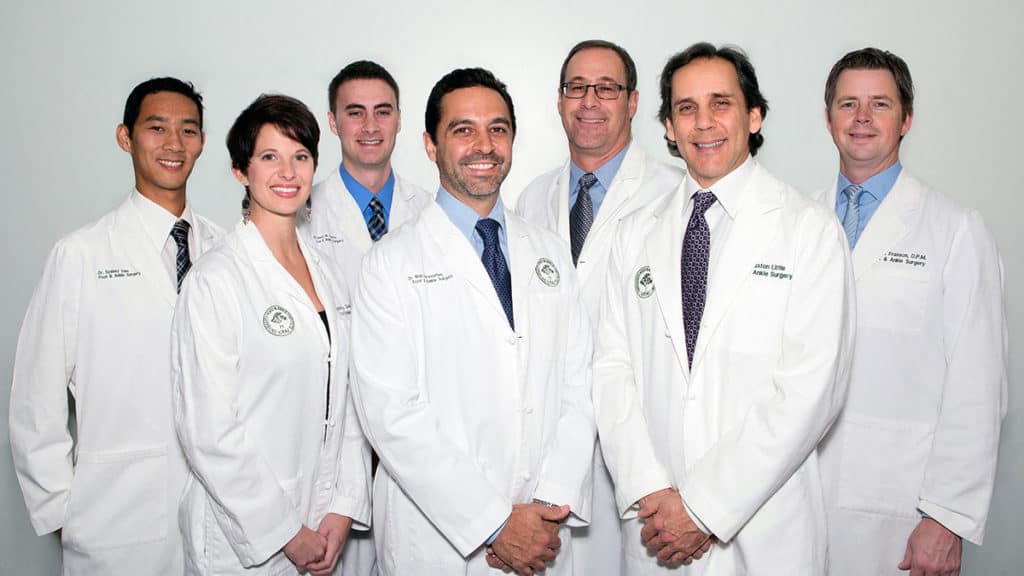




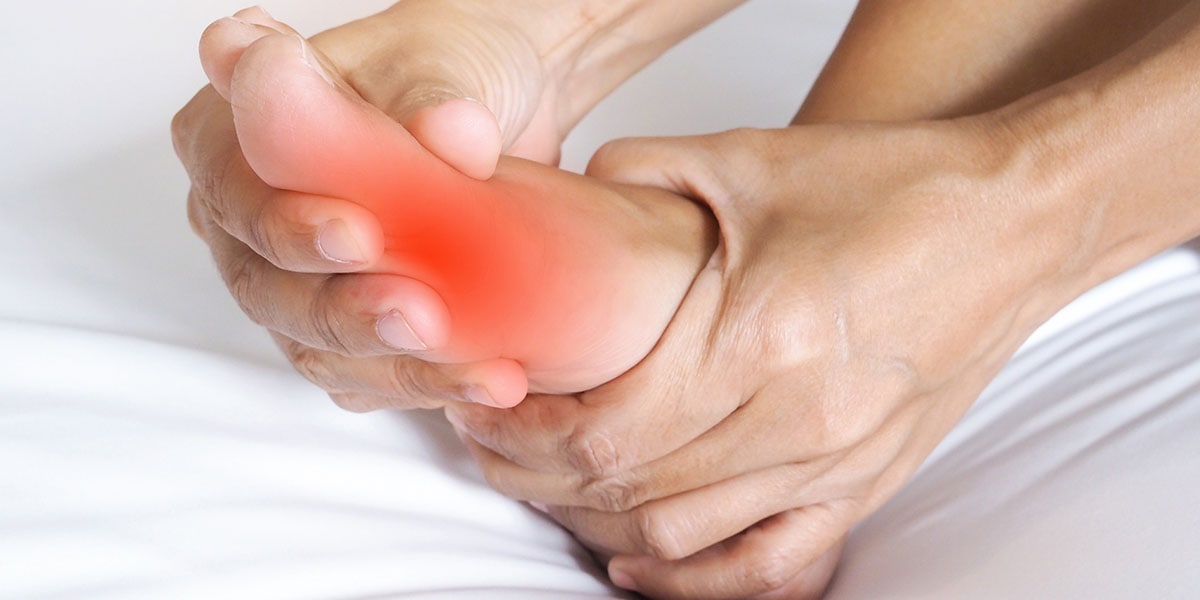
 Listen Now
Listen Now 